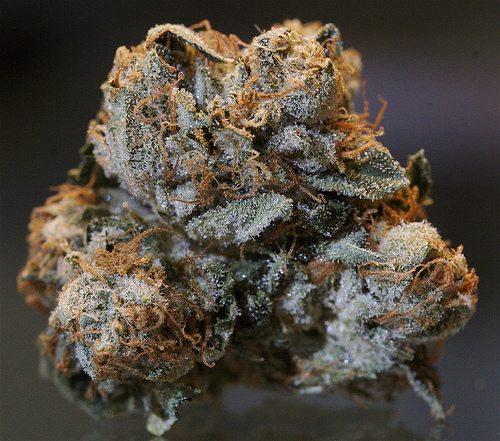
Recent news articles highlight how states around the country still wrestle with illicit marijuana despite legalization.
In Maine, The Portland Press Herald writes, “Law enforcement experts say cheap, sometimes tainted weed grown by Chinese criminal groups is getting into the state’s medical market.”
On August 19, California’s Department of Cannabis Control said it executed 17 search warrants across the state, seizing nearly $20 million in illicit drugs from a single site.
The DOJ has said organized crime from Mexico and China may be making millions of dollars from illegal marijuana in states like California, Maine, New York, and Massachusetts — despite legalization.
Unfortunately, marijuana products often carry serious health risks from pesticides — even when they are manufactured legally.
The marijuana plant itself easily absorbs toxins in the soil as well as chemicals or other substances sprayed on the plant. As a result, marijuana may contain pesticides, heavy metals, mold, or other contaminants.
These toxins are passed along into marijuana products — posing serious health risks for marijuana users.
Last year the Wall Street Journal reported that studies have found marijuana users have higher levels of heavy metals in their blood and are more likely to develop fungal infections. These toxins can cause serious — or even life-threatening — illnesses.
Instead of decreasing crime, marijuana legalization has actually emboldened drug cartels and increased the flow of illegal drugs across America.
Some of these illegal marijuana operations are tied to labor trafficking, violent crime, and foreign adversaries like the Chinese Communist Party.
Authorities in Arkansas routinely confiscate illegal marijuana grown in other states. Arkansas State Police patrol a “drug pipeline” along Interstate 40 from Oklahoma to Tennessee.
All of this underscores what we have said for years: States like Arkansas should think twice before considering any proposal to legalize marijuana.
Articles appearing on this website are written with the aid of Family Council’s researchers and writers.




